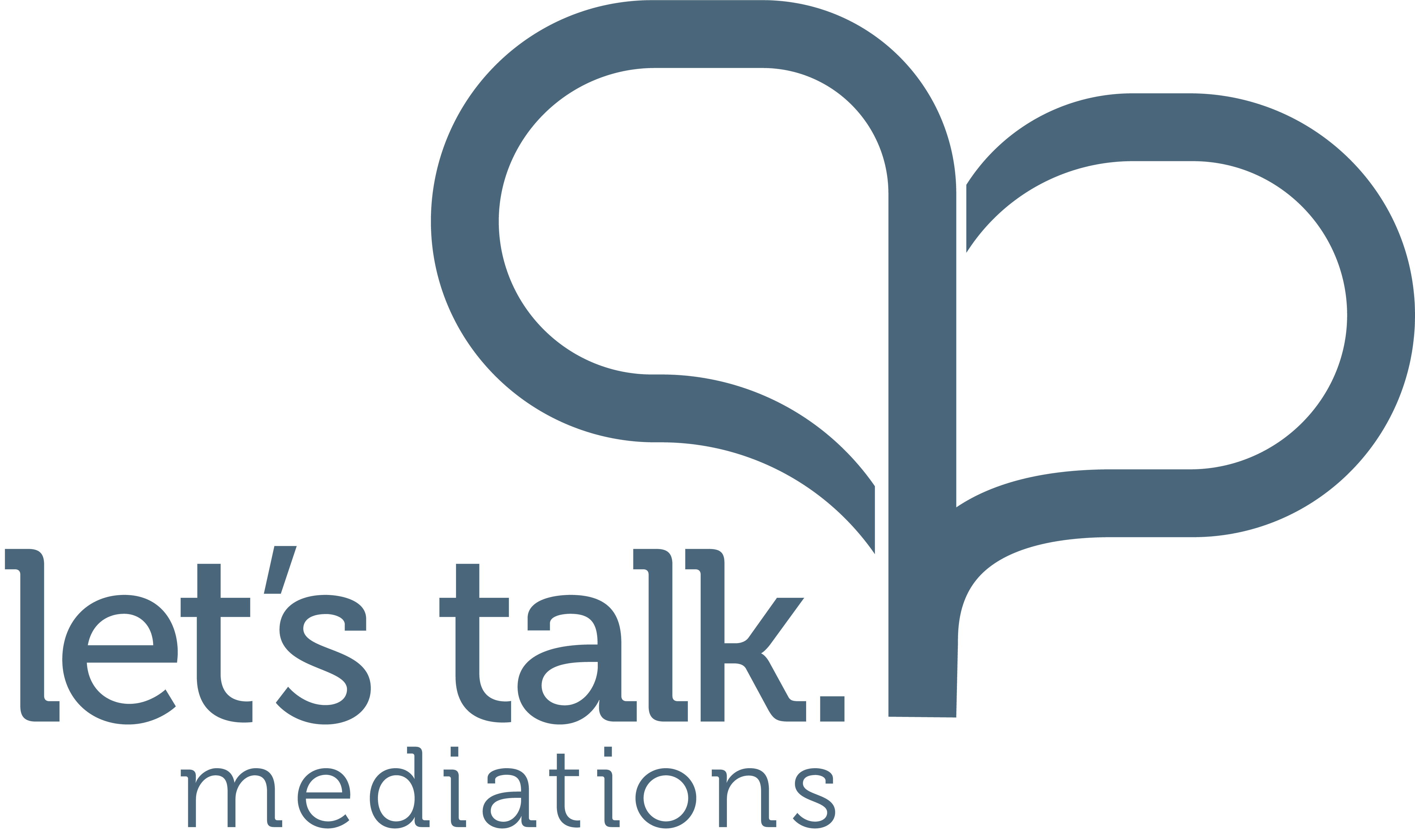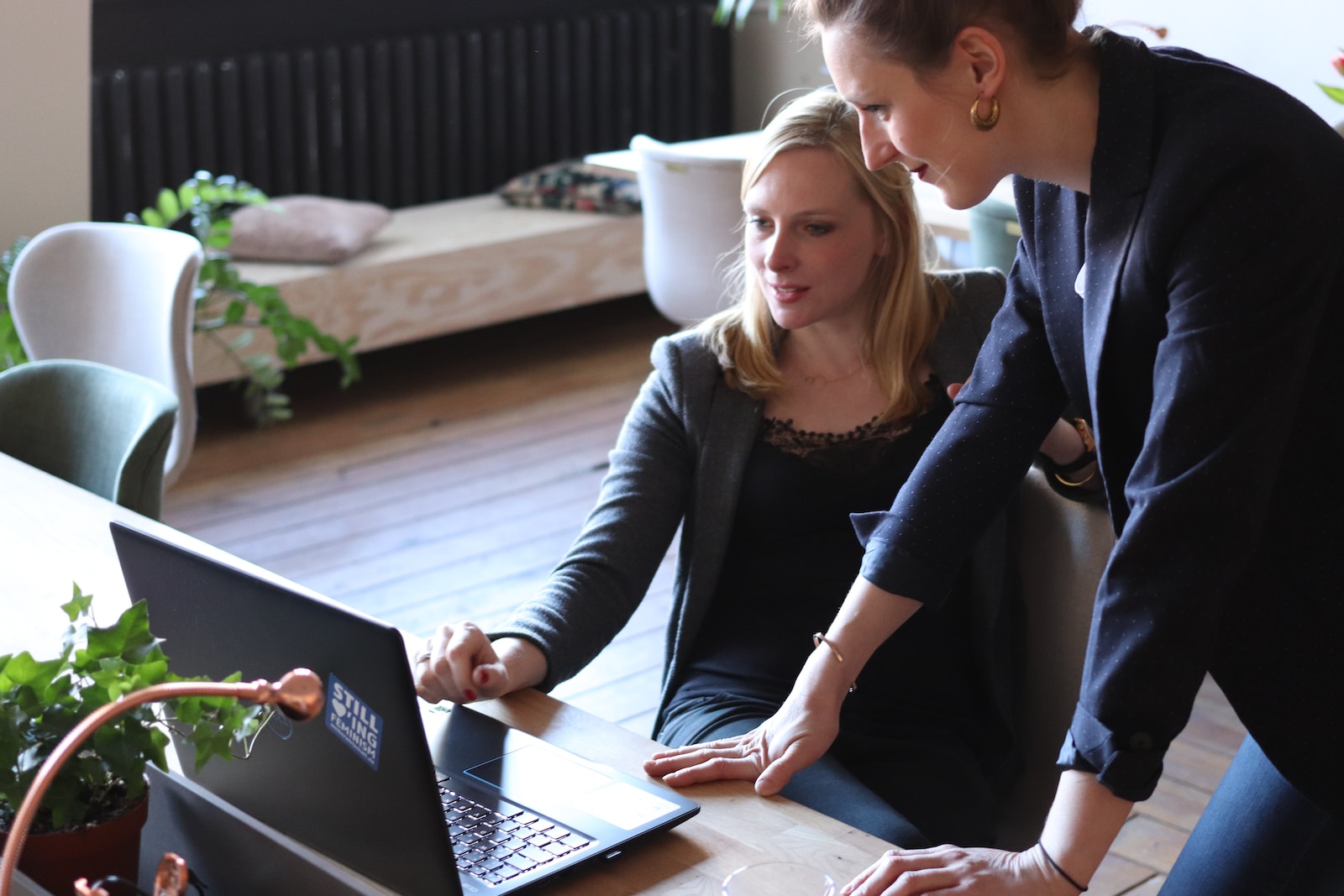What is Collaborative Coaching Practice?
Collaborative Practice is a versatile approach to resolving family law disputes in Collaborative Coaching, often described as the glue that binds the process together, plays a pivotal role in reaching a mutually beneficial outcome without litigation.
Let’s delve into what Collaborative Practice encompasses and why it’s a great choice for those getting family law disputes resolved in a timely manner, without the need for litigation.
Understanding Collaborative Practice:
Collaborative Practice is the preferred method when neither litigation nor traditional mediation fully meets the parties’ needs. Put simply, it serves as a dispute resolution method facilitated by a Collaborative Coach, where clients and their lawyers enter into a Participation Agreement. This agreement commits all parties to engage in a series of meetings wherein parties engage in constructive “interest based” negotiations, preserving the dignity of everyone involved without resorting to litigation.
In the realm of litigation, parties often find themselves in adversarial positions, locked in a costly and emotionally draining battle. While traditional mediation is less confrontational, it may not provide the comprehensive support and guidance required to navigate the intricacies of family law disputes. Collaborative Practice, on the other hand, strikes a harmonious balance by fostering cooperation, open communication and mutual understanding.
How Collaborative Practice Functions:
The Participation Agreement specifies that lawyers must withdraw if the Collaborative Practice process does not resolve the matter. This provision keeps the primary focus on seeking a positive solution and deters posturing or litigation. It underscores the commitment to clients and their lawyers to work together, sharing a common goal of achieving a just and satisfactory settlement.
Additional experts, such as financial planners, accountants, mental health practitioners, and child psychologists, may also be engaged to guide the process. These professionals bring specialised knowledge to the table, ensuring comprehensive coverage of all facets of the dispute.
The core of Collaborative Practice comprises structured meetings, typically between four to seven. The agenda for each meeting is collaboratively determined, with clients, lawyers and the Collaborative Coach working in unison to set the course. Between meetings, clients, their lawyers and other professionals cooperate to ensure all pertinent information is available in advance.
Why is Collaborative Practice a Good Option?
Collaborative Practice offers a multitude of benefits:
– Retaining Control: Parties maintain control over the dispute resolution process, ensuring that judges or third parties do not impose decisions.
– Privacy and Confidentiality: Negotiations are conducted in a private and confidential setting, providing a secure space for candid and open discussions.
– Guided Agreements: The Collaborative Coach assists parties in reaching agreements that align with their unique goals and priorities, ensuring tailored outcomes.
– Support Network: Access to experts is readily available, allowing parties to tap into specialised knowledge.
– Preserving Relationships: Collaborative Practice safeguards working relationships between parties, mitigating the risk of prolonged conflict and safeguarding the long-term interests of families and businesses.
– Child-Focused Approach: It minimises emotional distress for children that often results from litigation and ongoing parental conflict, enabling parents to prioritise the well-being of their children.
– Dignity and Stress Reduction: The process upholds the dignity of all parties involved and steers clear of the emotional and financial stress associated with litigation.
– Efficiency and Cost-Effectiveness: In many cases, Collaborative Practice is swifter and more cost-effective than pursuing litigation in Court, saving both time and money.
The Collaborative Process in Motion:
The journey of Collaborative Practice typically unfolds as follows:
- Parties engage Collaborative Practitioners and select their Collaborative Coach and any necessary experts based on the specific needs of their case.
- Parties sign a Participation Agreement, formalising their commitment to the Collaborative Process.
- The Coach, parties and their representatives participate in a series of meetings, with the option to seek advice from external professionals when needed.
- If an agreement is reached, it is finalised by the parties’ solicitors, often with assistance from the Collaborative Coach.
The Role of the Collaborative Coach:
The Collaborative Coach plays a central role in the Collaborative Practice process. Often described as the linchpin that holds the process together, the Coach’s responsibilities encompass:
– Safety and Suitability Assessment: Ensuring the collaborative approach is safe and suitable for all parties involved.
– Process Oversight: Serving as the guardian of the process, the Coach ensures that Collaborative Practice principles are upheld among all participants, including parties, lawyers and other professionals.
– Administrative Management: Managing administrative aspects of the process, such as preparing agendas and documenting meeting minutes.
– Meeting Facilitation: Chair meetings to ensure the process progresses calmly, productively and positively.
– Emotional Dynamics Management: Regulating emotional dynamics in the room, ensuring both parties have a voice and promoting a child-focused approach when applicable.
– Goal Setting and Accountability: Assisting parties in setting and adhering to their goals, expressing their interests, needs and concerns, brainstorming options and holding everyone accountable.
– Child-Focused Parenting Agreements: Facilitating discussions and agreements that prioritise the well-being of children when applicable.
– Communication and Participation Support: Supporting effective communication and participation among all parties involved.
– Professional Collaboration: Enabling lawyers and other professionals (such as financial neutrals or child specialists) to effectively support and advise their clients.
Meet Our Collaborative Coach: Your Expert Guide
At Let’s Talk Mediations, we understand the importance of having a skilled and empathetic guide when navigating the complexities of family law-related disputes. That’s why we’re pleased to introduce you to Carla Giles, our dedicated Collaborative Coach and an indispensable part of our team.
Carla is not just any Collaborative Coach—she’s a highly trained and experienced professional committed to helping families and businesses find peaceful and constructive solutions. Her dedication to excellence is reflected in her qualifications and memberships:
– Advanced Training: Carla has undergone advanced training in the field of Collaborative Coaching, ensuring she is well-equipped with the latest techniques and approaches to guide you effectively.
– Memberships: She is a registered member of the Collaborative Practitioners of New South Wales as well as the International Academy of Collaborative Professionals, demonstrating her commitment to upholding the region’s highest standards of collaborative practice.
When you choose Let’s Talk Mediations for Collaborative Coaching, you’re not just gaining access to a process; you’re gaining a trusted ally in Carla. She is here to support, empower, and guide you toward a brighter, harmonious future.
Advantages of Collaborative Coaching
The Collaborative Coach’s impartiality and adept management of emotional dynamics are key advantages of the Collaborative Practice approach. The Coach helps transform conflict into a constructive and creative force by creating a safe space for emotions. They keep the process moving forward, assist parties in overcoming obstacles, and maintain an optimistic outlook even when faced with challenges.
The Coach is often described as an anchor who speaks to all parties, including clients and lawyers, without being invested in a specific outcome. This neutrality ensures that the process remains centred on collaboration and constructive solutions.
Collaborative Coaching Practice is not just a method for resolving disputes; it is a pathway to long-lasting resolutions prioritising dignity, integrity, and the best interests of all parties involved. It offers a way to protect your children from the distress caused by conflict, maintain important relationships and build a brighter, harmonious future.
Why Choose Let’s Talk Mediations
At Let’s Talk Mediations, we are committed to assisting you in navigating these challenging times with compassion, expertise, and an unwavering dedication to peaceful solutions. Whether you’re dealing with corporate disputes demanding intricate resolutions or family law matters with emotional complexities, we are here to provide comprehensive mediation services tailored to your specific needs.
We understand that every dispute is unique, and our Collaborative Coaching Practice is designed to adapt to the distinctive circumstances of each case. Whether it’s resolving guiding families through the intricacies of divorce, child custody or estate planning, we have the expertise to help you find constructive solutions.
Our dedication to Collaborative Practice and mediation extends to preserving relationships, protecting the well-being of children and ensuring that all parties involved emerge from the process with their dignity intact. We firmly believe that Collaborative Practice and mediation can be a pathway to resolving disputes and fostering growth, understanding and cooperation among those involved.
When you choose Let’s Talk Mediations, you’re choosing a partner dedicated to helping you navigate the complexities of any dispute, ensuring that you emerge from the process stronger, more connected and ready for a better tomorrow. Let’s embark on this journey together, where resolution meets collaboration, and a brighter future awaits.
To speak to one of our Family Law Solicitors to find out if Mediation or Collaborative Practice is right for you and your situation, contact Let’s Talk Mediations on 0482 840 267.




